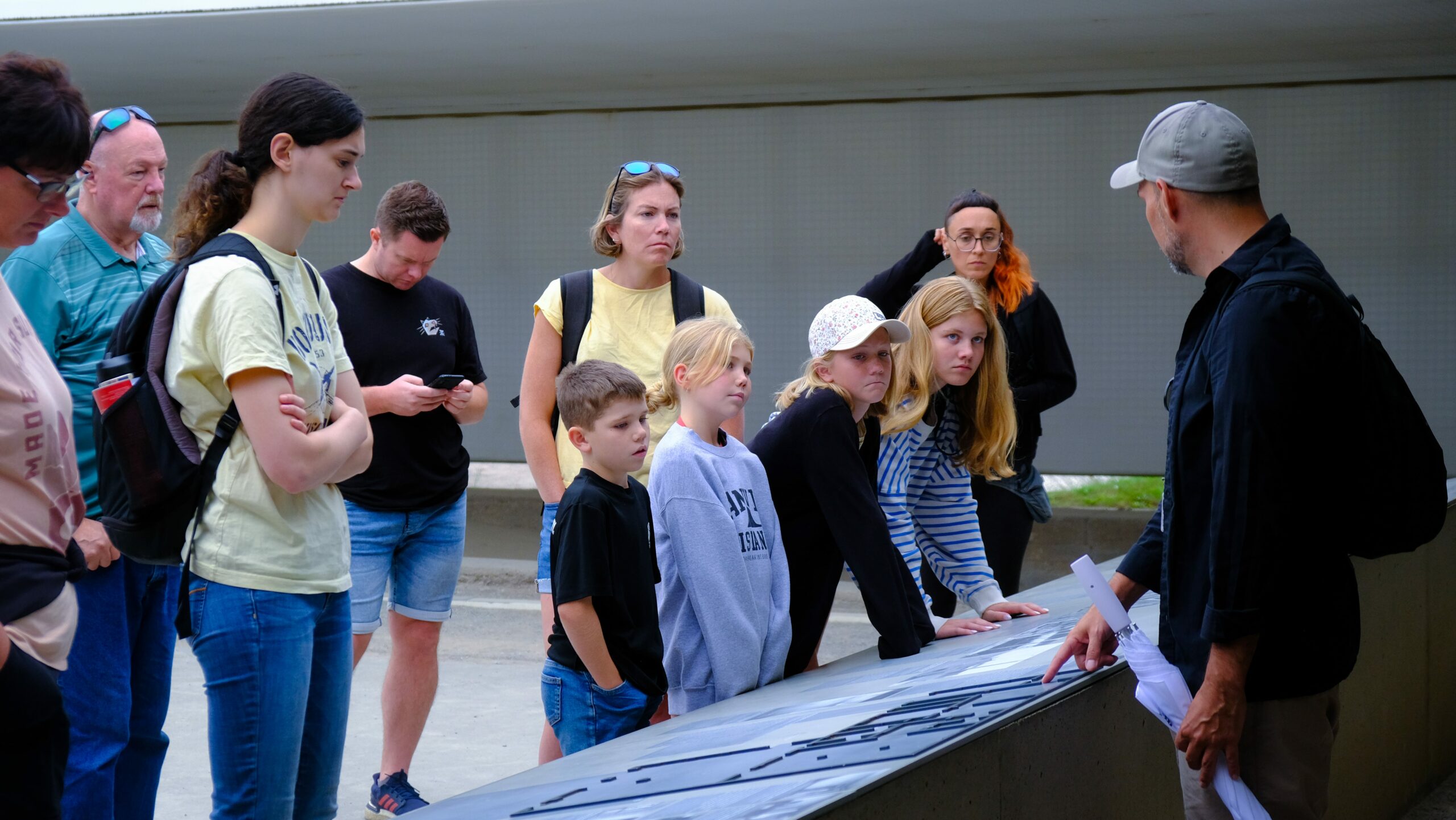Planning your adventure can be quite fun, yet making sure you are safe is always very important. Evaluating the present safety of Hungary should be done before you travel to Budapest. We are going to cover how safe Budapest is and suggest some helpful advice to enjoy your visit safely.
Safety in Budapest at the Present
You can usually feel safe traveling to Budapest. Because the crime rate in the city is very low, it is often recognized as one of the top safe capitals of Europe. Yet, taking proper precautions and being cautious are always good ideas to avoid dangers.
Local officials in Budapest are responsive to keeping the city safe. There are many police in busy parts of the city, especially near major tourist spots, transportation areas and places people like to shop. The majority of crime targeting tourists happens to be harmless such as pickpocketing and this kind of crime is common in popular tourist destinations worldwide.
Seeing Travel Advisories and Alerts
Check the latest travel warnings and alerts published by your government or other international bodies prior to arranging your trip. Using these websites allows you to find detailed information about how safe Budapest is.
As an illustration, the U.S. Department of State uses travel advisories to separate countries into safe and unsafe levels. On the official list as of [date], Budapest appears at Level 1 which suggests people should be cautious when traveling.
Besides the U.S. Department of State, you may also look at the UK Foreign, Commonwealth & Development Office (FCDO), Canada’s Global Affairs or Australia’s Smartraveller website for accurate information. Most advisories give you details about health, safety and any threats from natural disasters before they become a problem.
Security and measures to avoid crime
Even though Budapest is generally safe, being aware of possible scams and pickpocketing is important, as they can happen in many tourist places. There are some steps you should remember for safety.
1. Avoid venture into unsafe areas.
Choose places to stay in neighborhoods like the city center or famous districts like District V (Belváros) or District VI (Terézváros).
They are brightly lit, usually full of people around the clock and are near transport, places to eat and emergency help. District I (Castle District), like other neighborhoods there, is a secure place for travelers who want a more peaceful and historic place to stay.
2. Travel by using dependable ways of transportation.
Examples of safe transportation are official taxis, good ride-share apps or public buses. Do not use any taxis that have no sign or drivers that insist on charging very little.
The overall public transport system in Budapest use trams, buses and metro and it is efficient, very affordable and considered safe. Be on alert at night and try to be close to the driver or in areas where the vehicle is full. When taking a taxi, always keep the meter on or arrange a price before the drive. If you use Bolt or its alternatives, you might feel safer on the road.
3. Watch out for Bag Snatching
Watch out for your belongings when in markets, public transport and crowded tourist destinations. Purchase a cross-body style or make sure your valuables are well hidden in your bag at all times.
Chairs should not be used as bag stands and neither should railings. If you are able, use your hotel’s safe to keep your valuables. Tourists should protect their money by using a money belt or another hidden pocket, mostly in busy sites like Váci Street or anywhere near Heroes’ Square.
4. Keep an eye out for Scams
Watch out for people who give you good deals or ask about your private details. People in charge of scams in areas for tourists rely on phony petitions, misleading tour guides and techniques to grab your attention.
Typically, one trick used is someone swiping liquid on you or pretending you need guidance to work an ATM. Act politely and do not accept any interactions that are not genuine and always triple check their identification if someone says they are from the police or a tour company.
5. Emergency Numbers
Make a list of the local police and your embassy on your phone, so you can easily call when an emergency occurs.
In Hungary, people use 112 to reach emergency services. It will put you in touch with ambulance, fire or police services. Look up the location and contact details of your embassy or consulate once you are in the country.
Health and medical care services
In Budapest, people usually have access to medical care and healthcare facilities. Good quality medical care from hospitals and clinics is available to both city residents and people visiting London. Having good travel insurance is very important because it will cover medical treatment should you become sick or hurt.
Pharmacies are found in many areas of the city and most of their staff can communicate in English. Bringing your medication and a copy of the prescription is wise while you are traveling.
Safety rules for COVID-19.
Because of the COVID-19 pandemic, people should regularly check for the latest rules and restrictions posted by authorities in their area. Remember to do these things before you go to Budapest:
- Look into current restrictions on traveling to the destination.
See if the country requires visitors to fulfill any travel rules, get a visa or comply with quarantine measures.
Certain requirements could be showing proof of vaccination, showing recent test results or filling out health declaration forms. Visit the websites run by the official Hungarian government or airlines or set up airline alerts, to find the current information.
- Work according to Health and Safety regulations.
Please obey the health and safety rules by wearing a mask, following social distancing and cleaning your hands often.
Although some restrictions are eased, some places and methods of transport still require masks. Make sure you pack some disinfectant and a few masks for extra convenience and health.
- Be Flexible
Understand that there might be last-minute changes or some tourist attractions would be closed as a precaution because of COVID-19. Use the official websites of the area or ask your accommodation for any changes in the situation.
If few indoor activities are available, you may want to plan for parks, walking tours or places with nice views in the city.
Conclusion
Budapest is safe to travel in for most people. If you check the safety status, practice good safety habits and follow Hungarian laws and customs, you will have a pleasant and safe experience in Budapest. Keep your own well-being and safety in mind whenever planning and starting any trip.
If you’re looking at the famous Castle District, bathing in Budapest’s well-known thermal pools or finding excitement in the Jewish Quarter at night, keeping a few safety thoughts in mind will make your whole adventure even better.
Table of Contents




